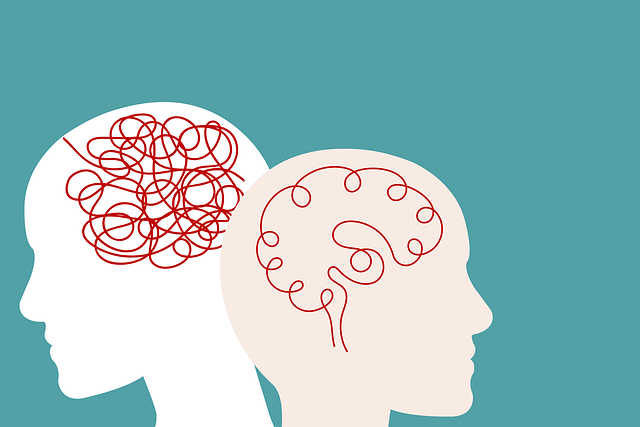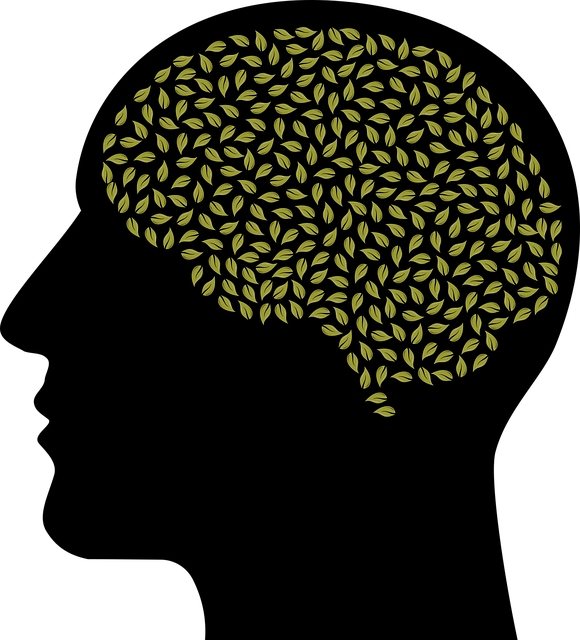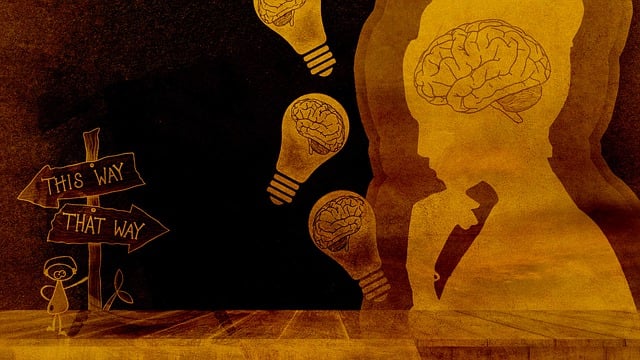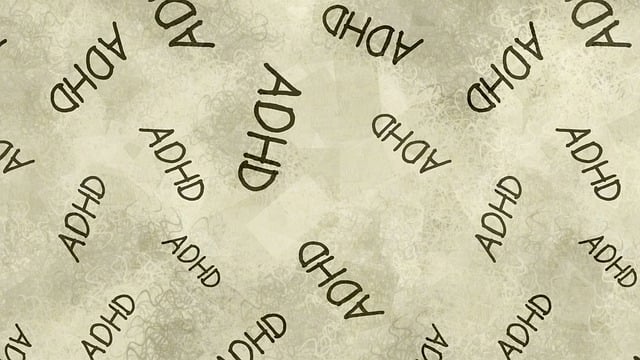Elderly anger often goes unrecognized, requiring nuanced therapy to address underlying causes through cognitive-behavioral therapy (CBT), mindfulness, and positive thinking exercises. Effective crisis intervention includes open dialogue, empathy, and tailored activities to manage frustration from age-related changes, improving mental health, quality of life, community relationships, and reducing caregiver burnout. "Therapy for Elders Anger Management" is crucial for empowering seniors to express emotions constructively, promoting overall well-being, and enhancing community interactions.
Crisis intervention strategies are vital in addressing the unique challenges faced by the elderly, especially when managing anger. This comprehensive guide explores effective therapeutic approaches and practical tips for recognizing and assessing elderly anger, delving into root causes such as loneliness, frustration, or physical pain. By understanding these drivers, professionals can implement tailored anger management strategies for elders, enhancing their overall well-being. Discover evidence-based therapy techniques coupled with actionable advice for a nurturing and supportive environment.
- Recognizing and Assessing Elderly Anger: Understanding the Root Causes
- Therapy Approaches for Effective Crisis Intervention: A Comprehensive Guide
- Anger Management Strategies for Elders: Practical Tips and Techniques
Recognizing and Assessing Elderly Anger: Understanding the Root Causes

Anger in elderly individuals often goes unrecognized or misunderstood, but it’s a common issue that requires attentive consideration. When dealing with angry seniors, therapists must employ a nuanced approach to effectively assess and address the root causes. Many older adults may not explicitly express their anger verbally, instead displaying it through passive-aggressive behaviors, withdrawal, or even physical symptoms. Recognizing these subtle signs is crucial for initiating appropriate crisis intervention strategies.
The underlying reasons for elderly anger can vary widely, from feelings of isolation and loneliness to frustration with declining physical abilities or financial struggles. Some older adults may also harbor unresolved grief or experience acute stress due to significant life changes. Therapists should utilize communication strategies that encourage open dialogue, fostering an environment where the elderly feel safe to express their emotions. Positive thinking exercises and mindfulness meditation can be valuable tools in helping seniors manage their anger constructively, promoting emotional well-being and enhancing overall quality of life.
Therapy Approaches for Effective Crisis Intervention: A Comprehensive Guide

In the realm of crisis intervention, therapy plays a pivotal role in effectively supporting individuals, especially elders, during challenging times. One of the key approaches is cognitive-behavioral therapy (CBT), which helps clients identify and modify negative thought patterns and behaviors contributing to crises. By teaching coping strategies, CBT empowers elders to manage stress, anger, or other intense emotions that may arise during a crisis. This evidence-based method has been shown to be particularly beneficial in enhancing mental health awareness and fostering resilience.
Additionally, therapy for elders often incorporates elements of mindfulness and compassion cultivation practices, which can significantly improve their overall well-being. Healthcare provider cultural competency training is essential to ensure that the therapy provided is sensitive to the client’s background and beliefs. Incorporating these cultural considerations into crisis intervention strategies allows for more personalized care, thereby improving outcomes. Such approaches not only address the immediate crisis but also contribute to long-term mental health stability.
Anger Management Strategies for Elders: Practical Tips and Techniques

Anger management is a vital aspect of elder care, as aging individuals may experience increased frustration due to physical limitations or cognitive changes. For elders, managing anger effectively can significantly enhance their quality of life and promote healthy interactions with caregivers and peers. One effective strategy is to encourage open communication where elders feel comfortable expressing their feelings without fear of judgment. Caregivers should practice active listening, showing empathy, and validating the elder’s emotions. This fosters a sense of understanding and encourages a more positive expression of anger.
Practical techniques include teaching relaxation methods such as deep breathing exercises or mindfulness meditation to help elders calm themselves during moments of intense anger. Additionally, engaging in physical activities tailored to their abilities can serve as an outlet for frustration while promoting overall well-being. Incorporating empathy-building strategies, such as role-playing positive interactions or participating in group therapy sessions, can also empower elders to manage anger constructively, leading to better mental health outcomes and stronger relationships within the community, especially when combined with robust healthcare provider burnout prevention strategies.
Crisis intervention strategies, especially tailored for elderly individuals, are crucial in addressing and managing anger-related issues. By recognizing and assessing the underlying causes of elder anger, professionals can employ effective therapy approaches and anger management techniques. This comprehensive guide emphasizes the importance of a tailored, empathetic approach to support elders during crises. Through understanding and implementing these strategies, care providers and therapists can enhance the quality of life for elderly individuals, fostering better mental health and overall well-being.














